Principles behind the Work/Life Integrity Manifesto
We follow these principles:
Our highest priority is to live by and develop a set of values that we extend from our personal core, heart, mind and body to our family, community, customers, partners and stakeholders through continuous learning, personal development and growth.
Welcome changing values, even late in life. Integrity enables personal change and the transformation and development of values overtime to enable a better life and overall world.
Practice mindfulness and awareness of ideas as they align or contradict with our values.
Actively control our thoughts to bring them in alignment with our values daily in life and in work.
Actively control our actions and illustrate our values in work and life through our behavior. Represent our values through our actions and speech and be the change we want to see.
Devote our purpose to living the best life, being present and aware of the value our life brings to the world.
Commitment to reasoning about our values. Functional values that are proven with data science to sustain life, environment, cooperation and peace is a measure of progress.
Values have an intuitive aspect to them, therefore we listen to our gut. Our values cannot always be explained, we may have unreasonable faith in something and live our life in discovery of the reason. In this way we allow new values to live and thrive alongside well established and reasonable values.
Continuous attention to the impact that our values have on the design of the world.
Strength of mind and heart to bare the danger that living our values may cause us to face. We have mental strength and courage to stand up for what we value.
We are free of resentment toward those who challenge our values. In fact we; welcome the challenge with mental strength, venture and engage those who’s values differ from our own.
We cultivate our ability to distinguish between justice and injustice, the right and the wrong. We regularly reflect on how to be more just, then we tune and adjust our behavior accordingly.
We are committed to develop our sense of value ability to distinguish between what is real versus what is imagined, what is assumed versus what is validated, what has been accepted versus what is possible.
Initial Draft: Feb 29th 2016
